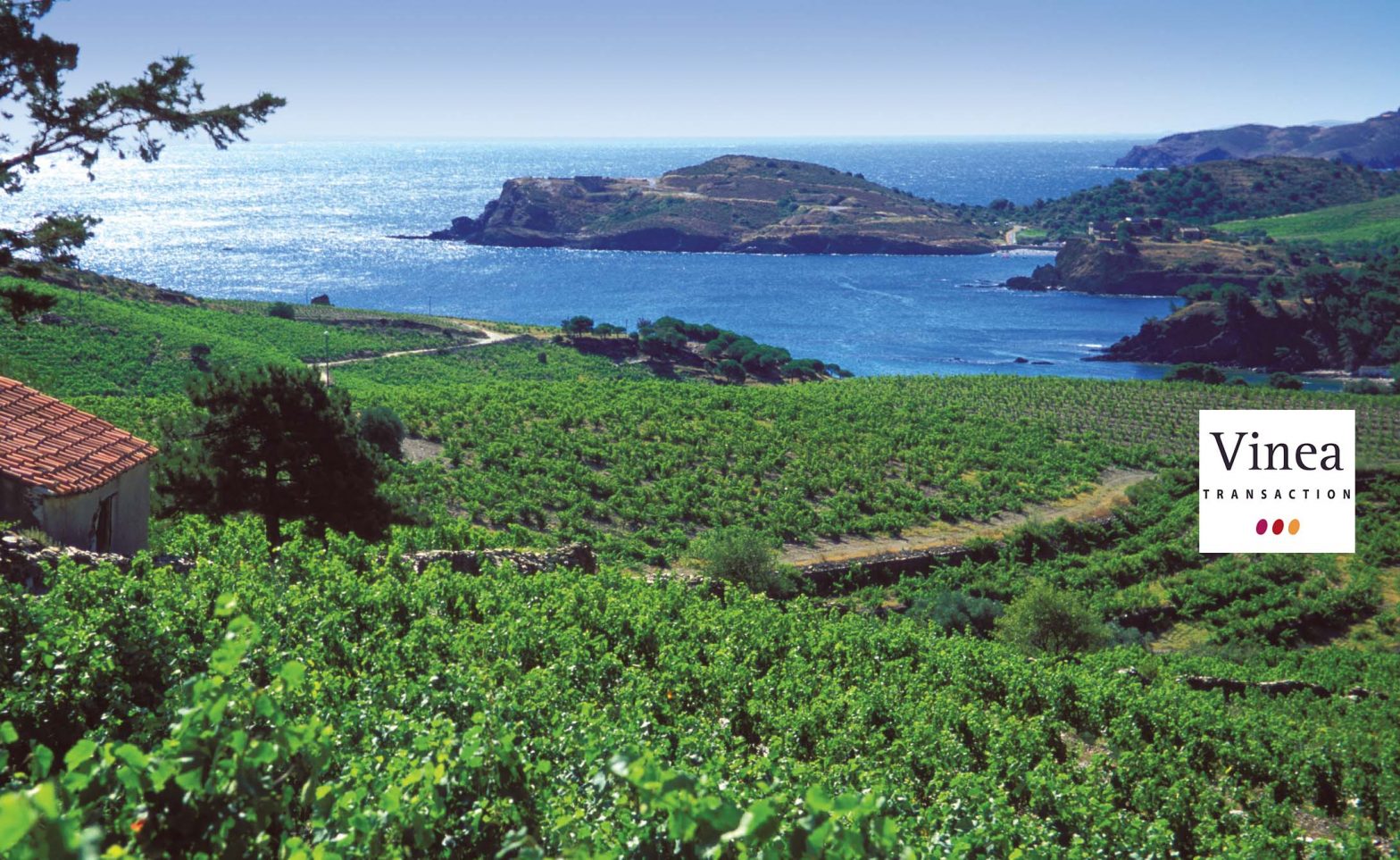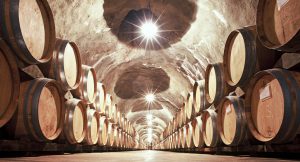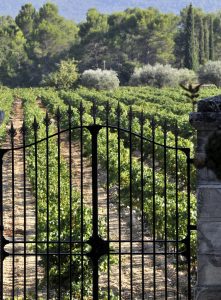Vineyard estates – Profit and taxation

Michel VEYRIER, founder and administrator of Vinea Transaction.
1/Profit
A vineyard estate’s profitability is always delicate to estimate.
A vineyard’s house, a bastide or a château is definitely a living place and not a company seeking for profit. Therefore, profitability (financial performance/amount of investment) must be defined without the “place to live” investment part.

In 25 years, Vinea Transaction’s network reports only one decline in value; concerning liquor wines produces in the Languedoc-Roussillon and Côtes du Rhône regions.
As a consequence, it is common to observe profitability when the estate is sold, some appellations have even seen their value per hectare being multiplied by 10 over the past 20 years.
An advice: Making profit will require considering the investment scheme as a long term project (5 to 10 years) and not as a short-term project.
2/Taxation
Taxation is even more attractive that French tax burden is rather high on capital.
Legal make-up of the project must be precise and relevant; the intervention of a legal and fiscal expert is essential.
- ISF (Solidarity tax on wealth)
Wine estates’ shares are considered as a professional toolset if all the conditions and requirement detailed in the article 885 O of the French Tax Code are met.
Some purchase set-up can benefit from total or partial exemption. It is the case when for example the estate is run with a long-term rural lease consented to a family-owned company (or at least 50%) and as a main activity.
If each condition is not met, a partial exoneration can be applied (75% if the amount does not exceed 101 897 € and 50% if the amount is higher).
- Donation
Le régime des donations est également favorable.
Donation’s legal structure is also positive for wine estates transaction. It is subject to ordinary-law regime (donation or succession duties) if the owner or an agricultural land group (GFA) runs the land.
If a long term rural lease is in place during the transmission, the partial exoneration is significant (the owner must hold the land for 5 years): 75% exoneration up to 101 897 € and 50% exoneration over 101 897€.
- The benefits of agricultural profits
A set of benefits prevail in matter of agricultural profits: accounting and tax advantages, three-year average, stock evaluation, exemption of capital gains for small companies, spreading of exceptional revenues (article 75-0 A)…
3/Conclusion
Ces éléments et les conditions d’application sont à valider au cas par cas avec l’intervention express d’un juriste ou fiscaliste spécialiste du droit et de la fiscalité rural.
Many entrepreneurs, feeling too young to retire, invest in a vineyard estate, thus enjoying tax optimization on the solidarity tax on wealth (ISF), donation and capital gain tax after selling their company. Each element and condition of application of course needs validation of a tax specialist in law and rural tax.


